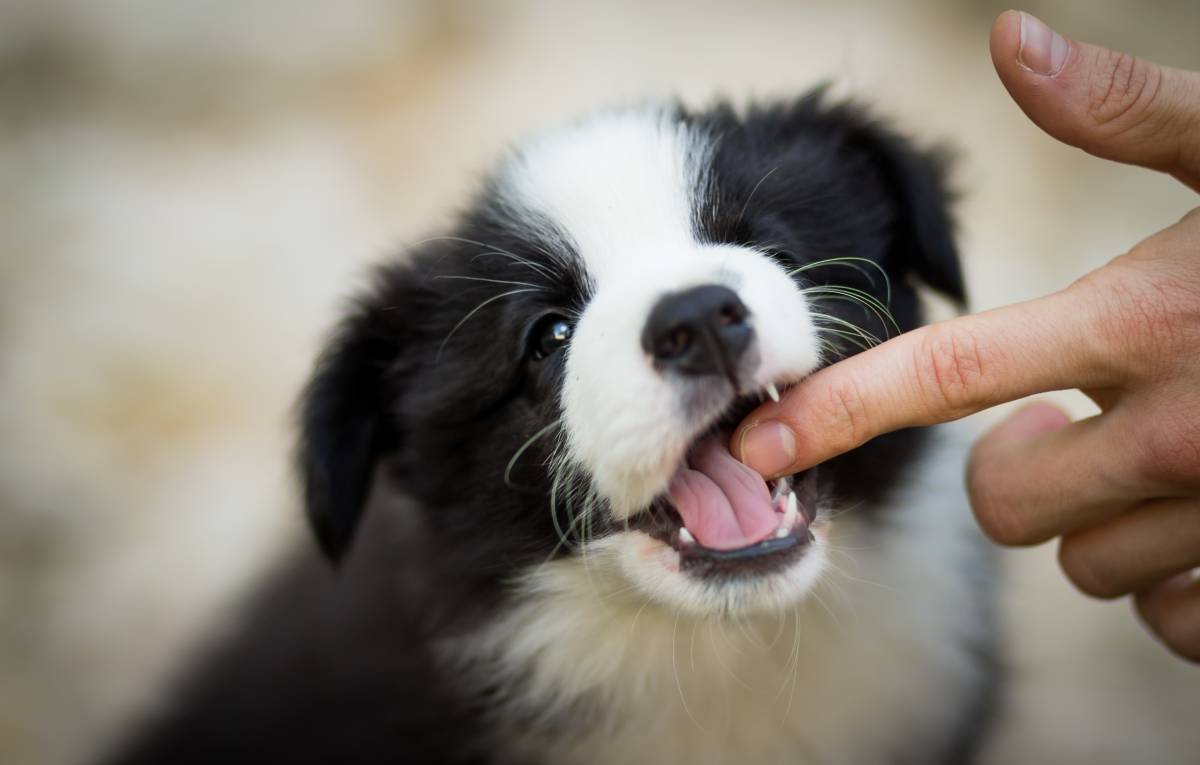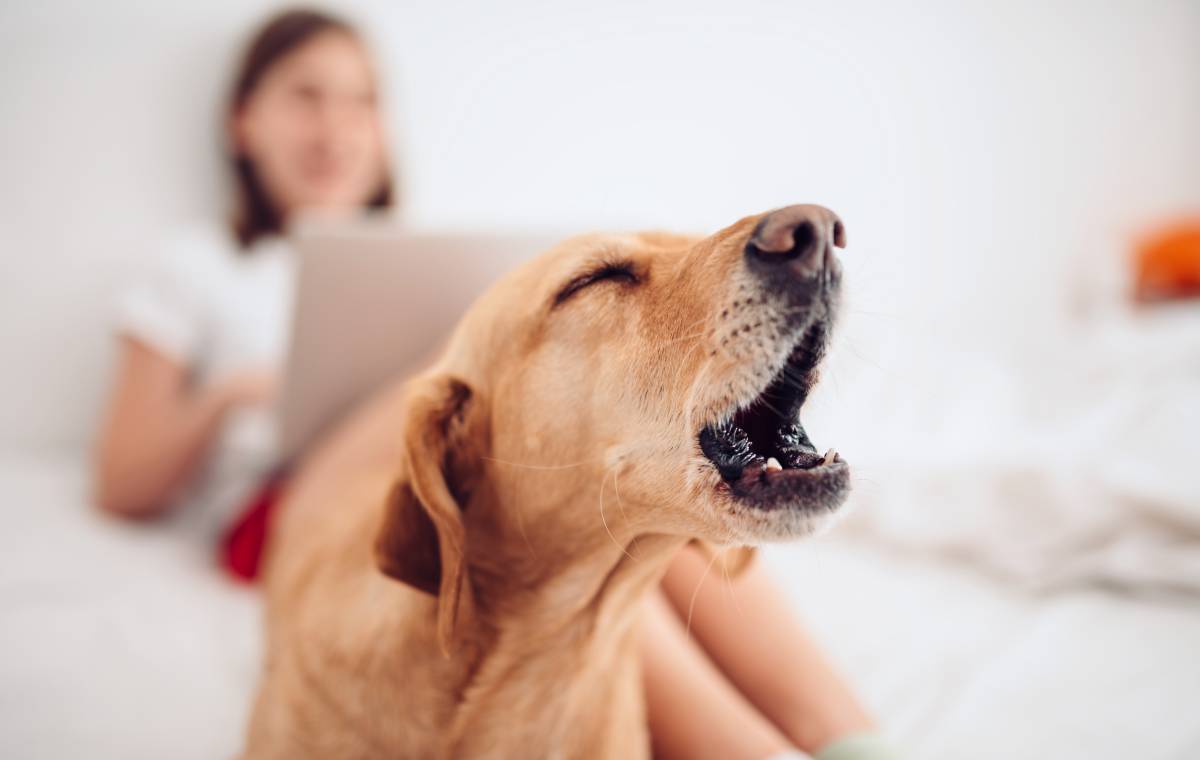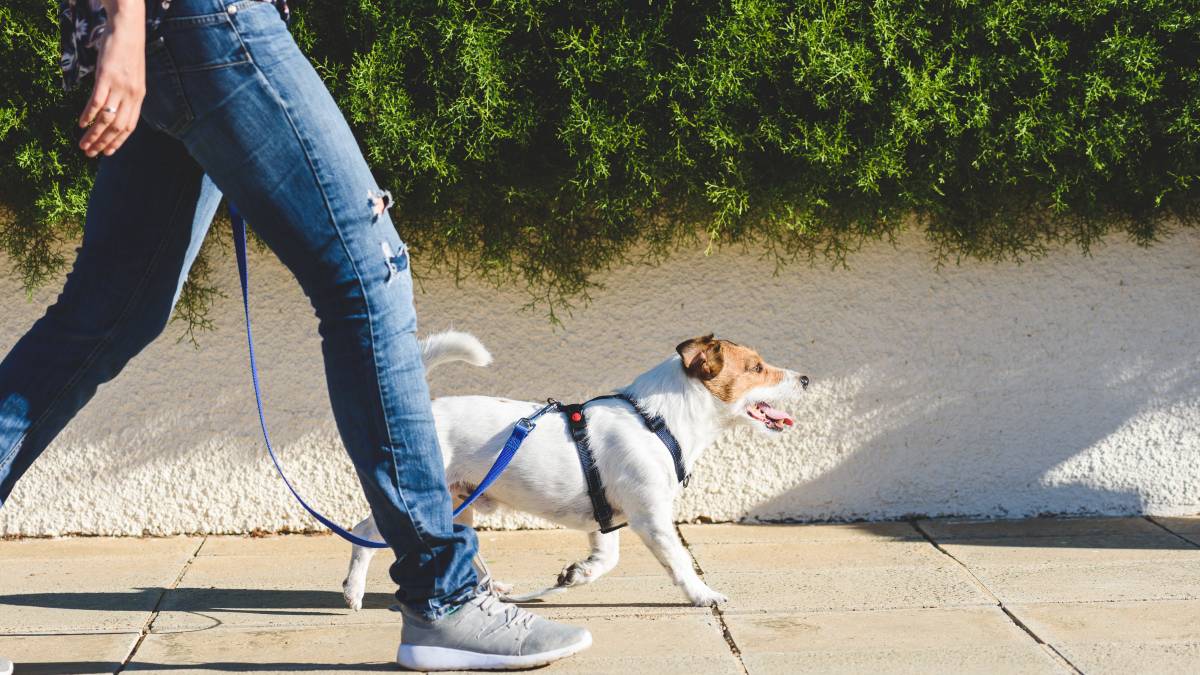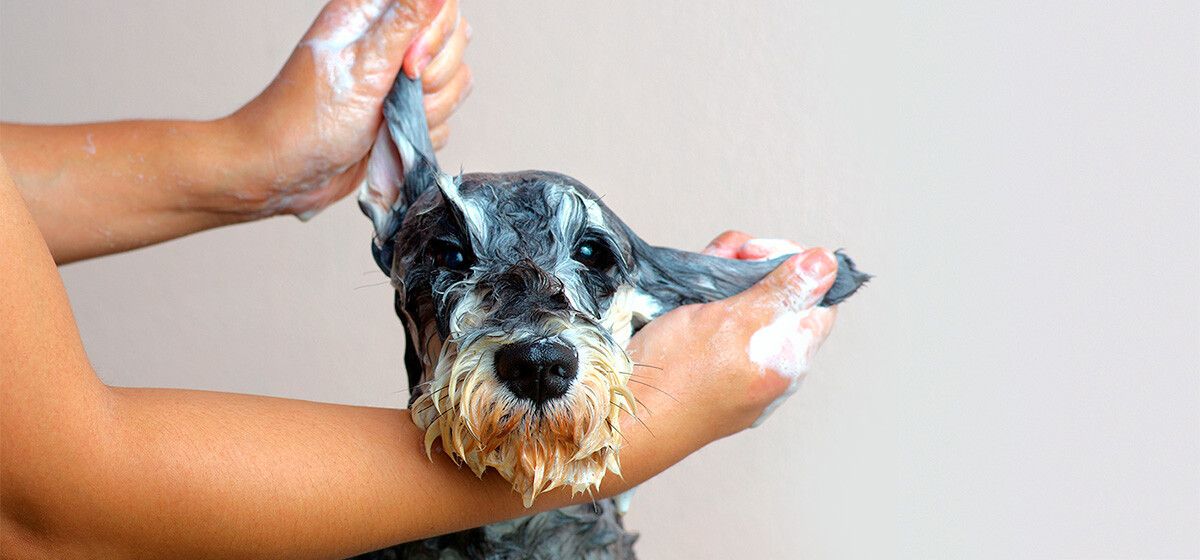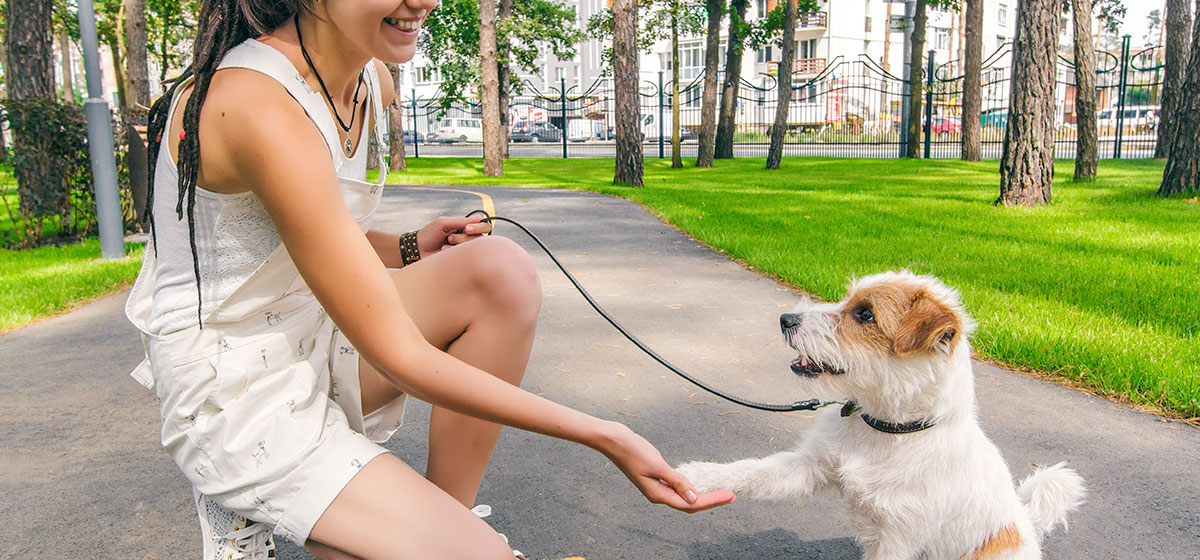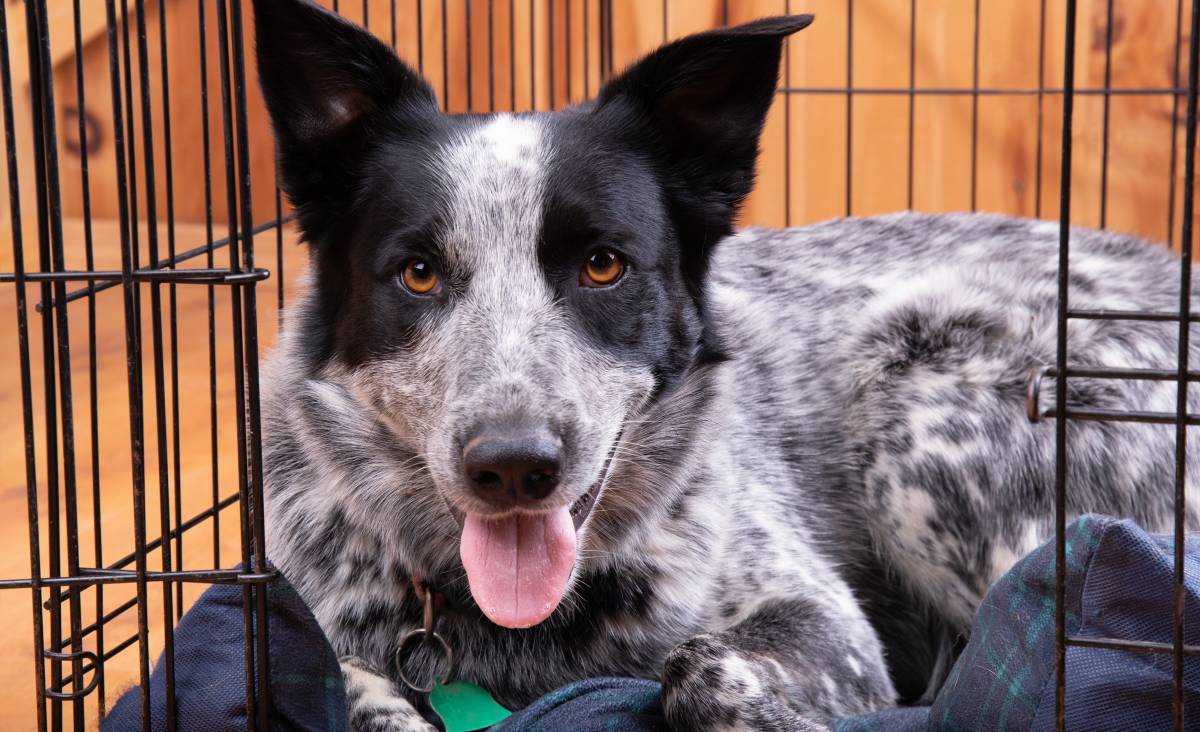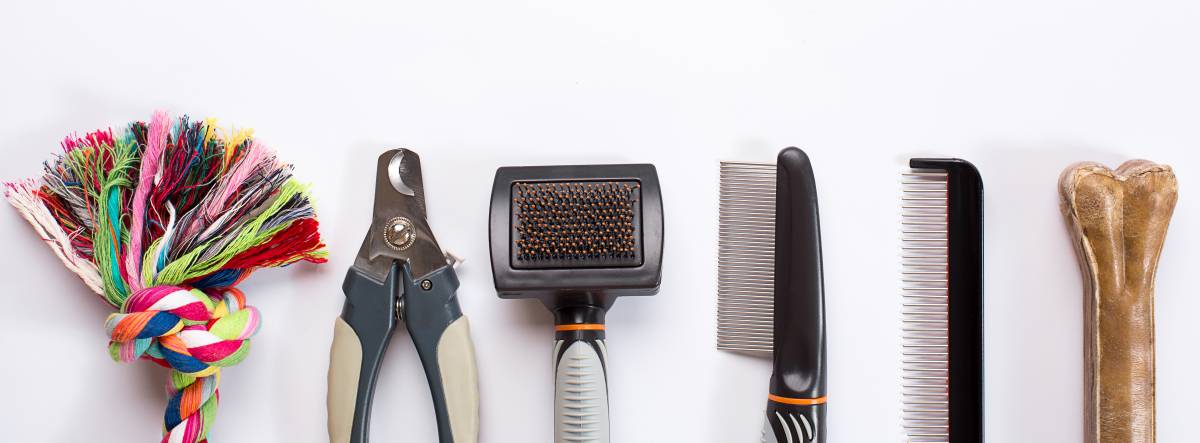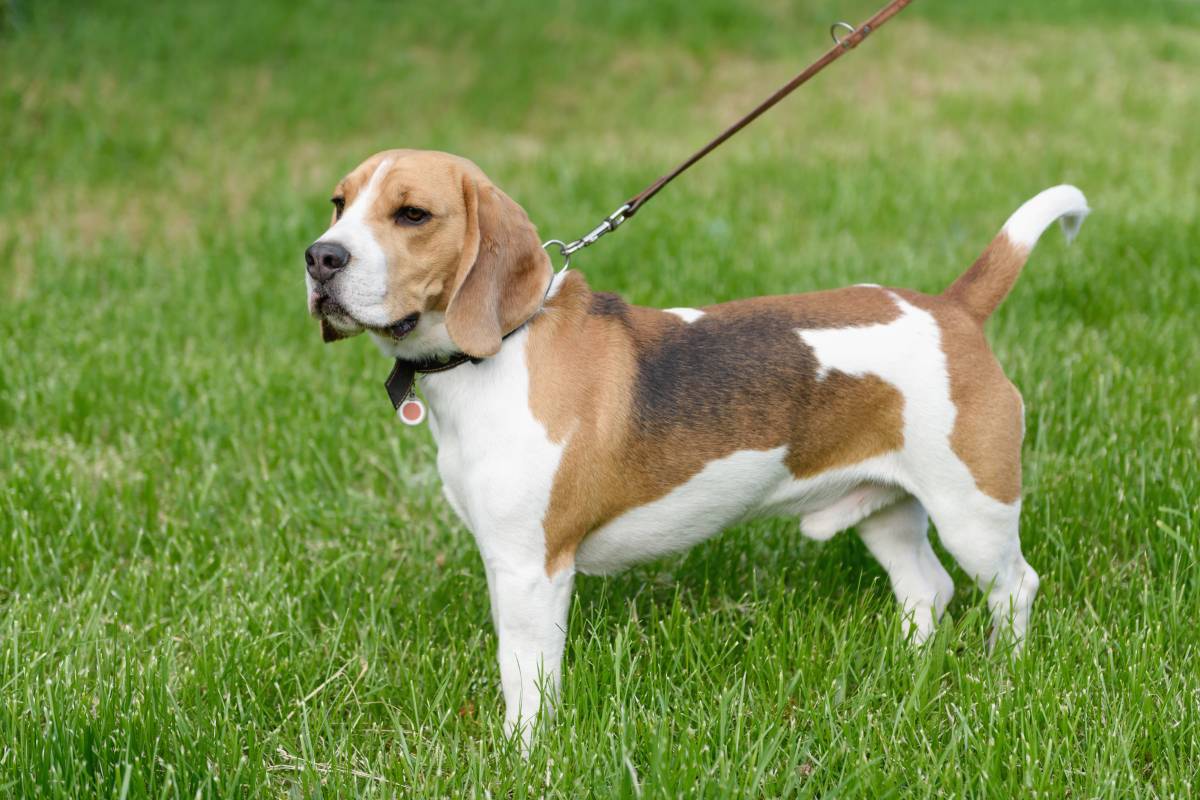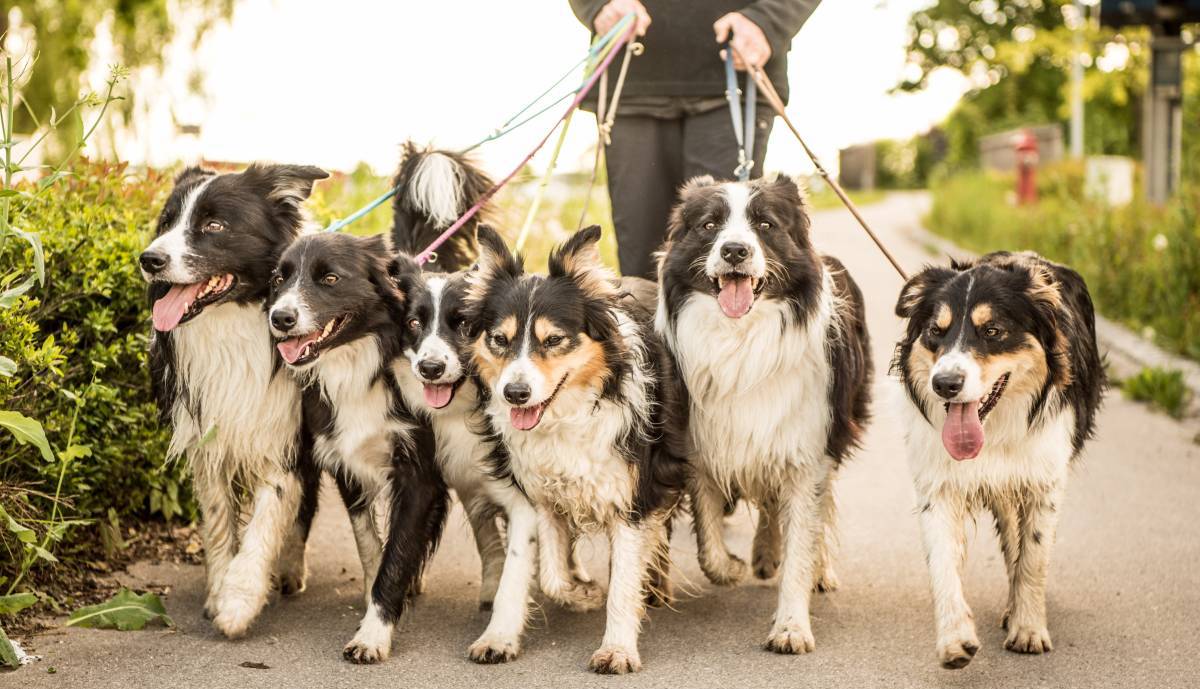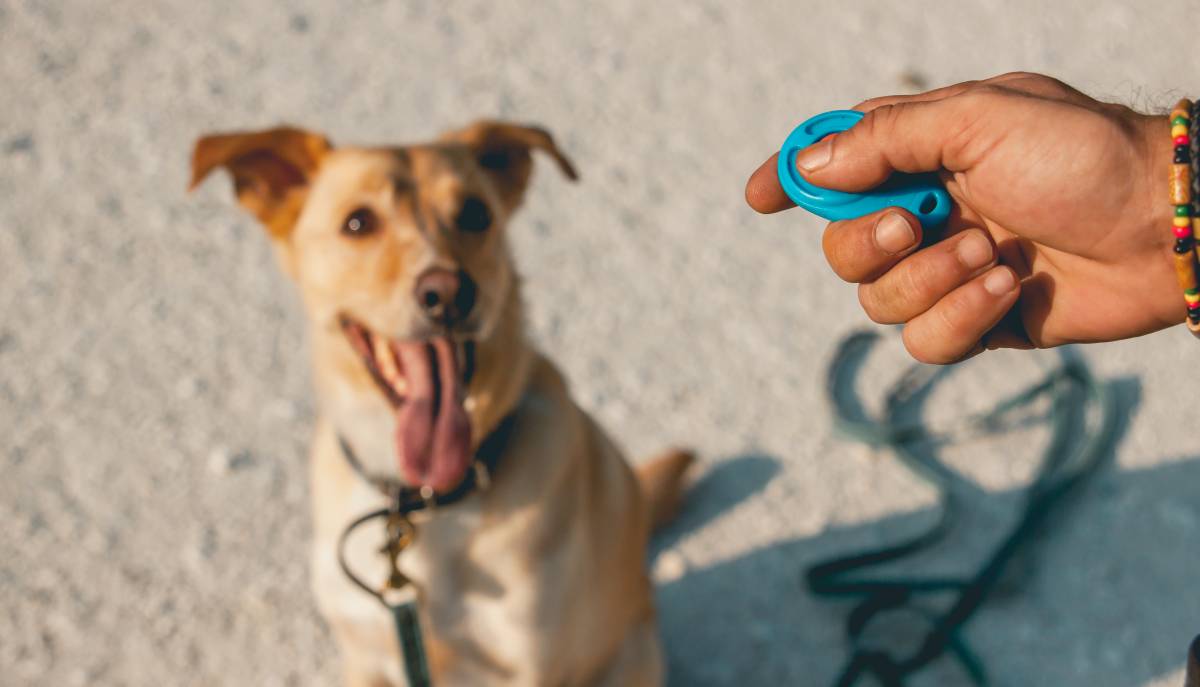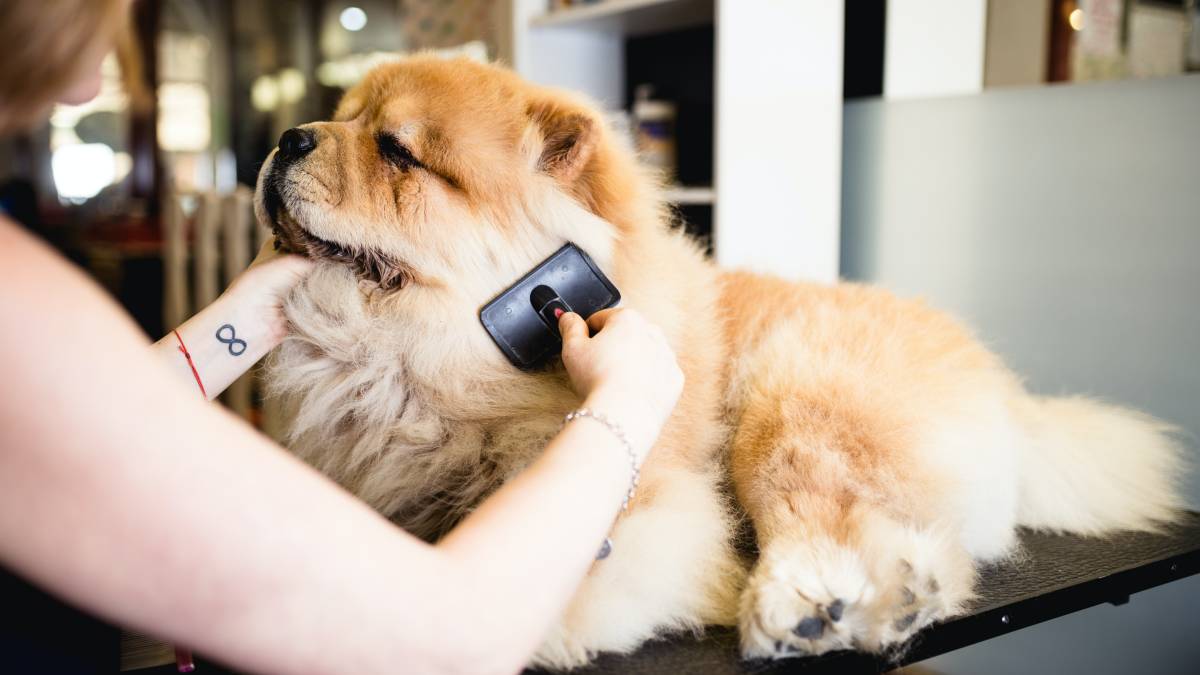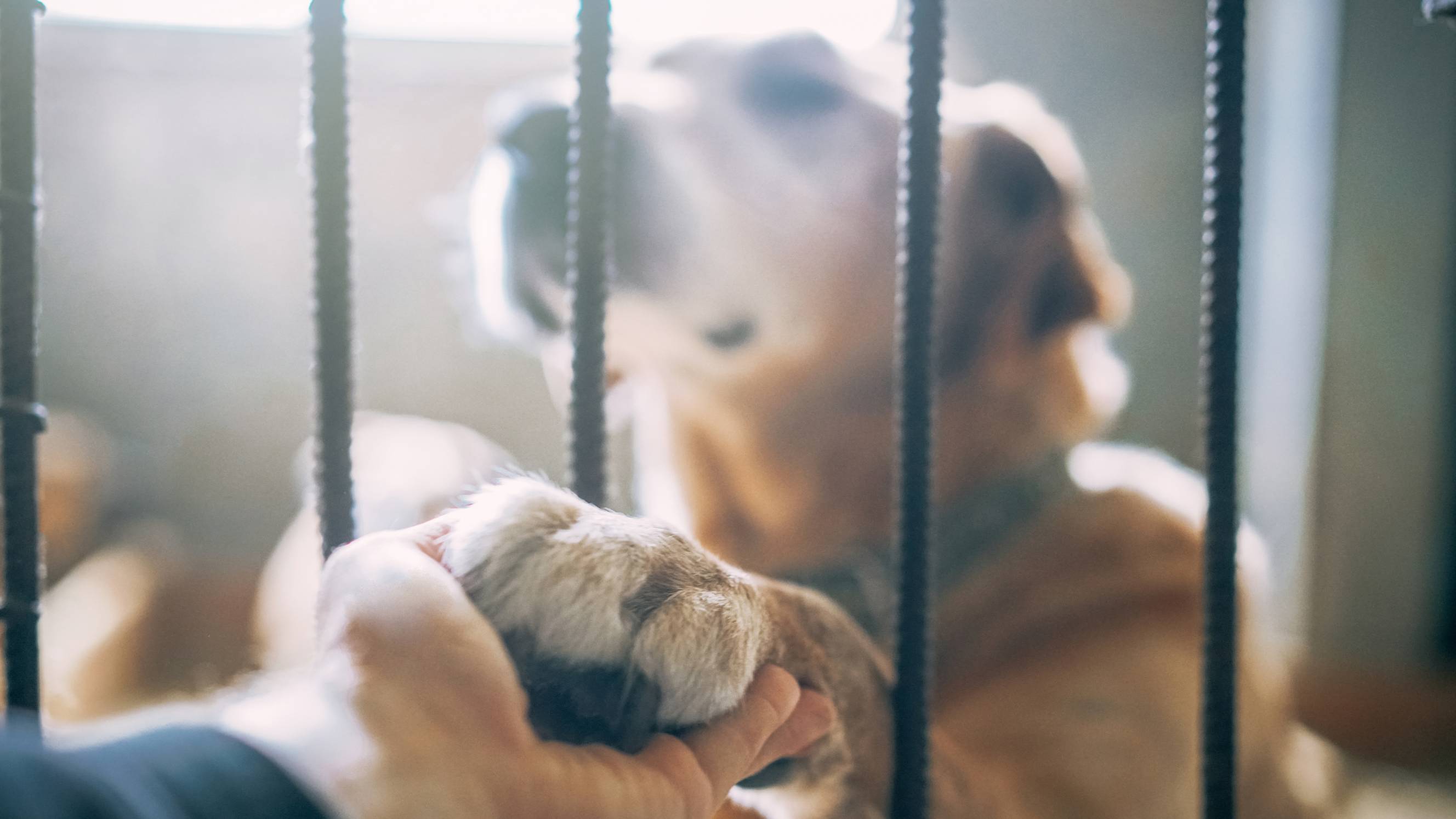- Home/
- Guides/
- Dog Training/
- How to Train an Older Dog
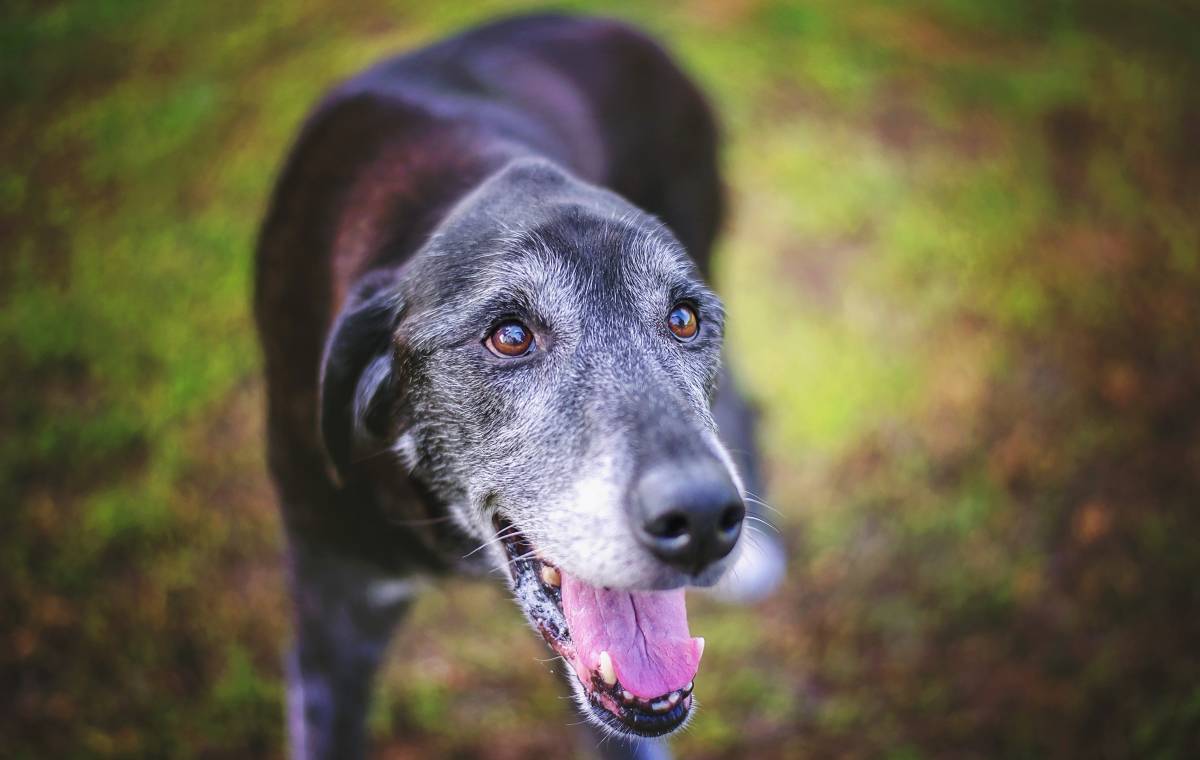
Tips for training an older dog
Not too late to train your senior dog! Learn how to house train your older dog. Teach your old dog new tricks.
Find a dog trainerLast Updated on
Adopting a senior dog and training them is both challenging and incredibly rewarding. Now that you’re on the first step of this journey, it’s essential to learn how to house-train your older dog.
Training an older dog is different from training a puppy. An older pet may have formed a few habits they need to unlearn. They may also have had experiences that contribute to their negative behaviours. But with enough time and patience, you and your pet will reap the rewards of successful training.
Can you train an old dog?
Yes, it’s possible to train an older dog. Contrary to the saying, “You can’t teach an old dog new tricks,” training old dogs can sometimes be easier than training a puppy. Dogs are lifelong learners, eager to please, and love attention regardless of their age or training background. Keeping these traits in mind, you can train your senior dog in no time. Patience and consistency are key to successfully training your older dog.
Benefits of training a senior dog
If you’re on the fence about whether you should invest the time and energy in training your older pet, here’s why you should:
Training your older dog helps them adjust to your lifestyle and the life you want with them. This can include regular dog park visits, car rides, and grooming appointments.
Training keeps a dog active, helping them stay healthy and happy.
Consistent training also keeps your senior dog’s mind sharp. Think of training as their own version of your grandpa’s crossword puzzle or your mom’s many arts & crafts projects!
Lastly, training your senior dog keeps them engaged with you and your family. And what pet or pet owner would say no to that?
Potty training an older dog
When you first bring your older dog home, the first thing you’ll probably want to teach them is where to go potty. Some important things to consider when toilet training your senior dog are:
Picking a potty spot for your pet
Building a routine for your dog
Identifying your senior pet’s signals for when they need to “go”
Rewarding your pet every time they eliminate on-cue
Keep in mind that your senior dog may already have built-in potty habits – or a total lack thereof. A dog’s trainability depends on its previous environment, so be patient and consistent. The good news is that older dogs generally have more bladder control than puppies. This may make it easier for your pet to form good potty habits.
You can refer to our dog potty training guide to learn more about the specific steps and techniques in house training your dog.
How to teach an old dog new tricks
Long hikes or strenuous work may not be feasible for older dogs, but you can still teach them other tricks to keep them sharp. Before starting, make sure that the trick is well-suited for your dog’s physical abilities. Senior dogs may not have the vision, bone strength, or even hearing ability of a younger dog.
Here are some basic commands you and your older dog can work on:
Trick 1: Touch
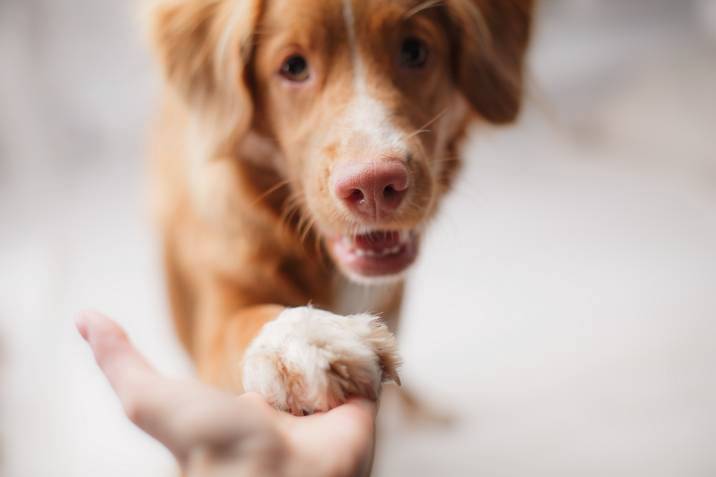
“Touch” is a simple trick that’s a great foundation for more complex tasks later on. You can teach your older dog to shake hands, turn on light switches, and more!
Trick 2: Names of objects
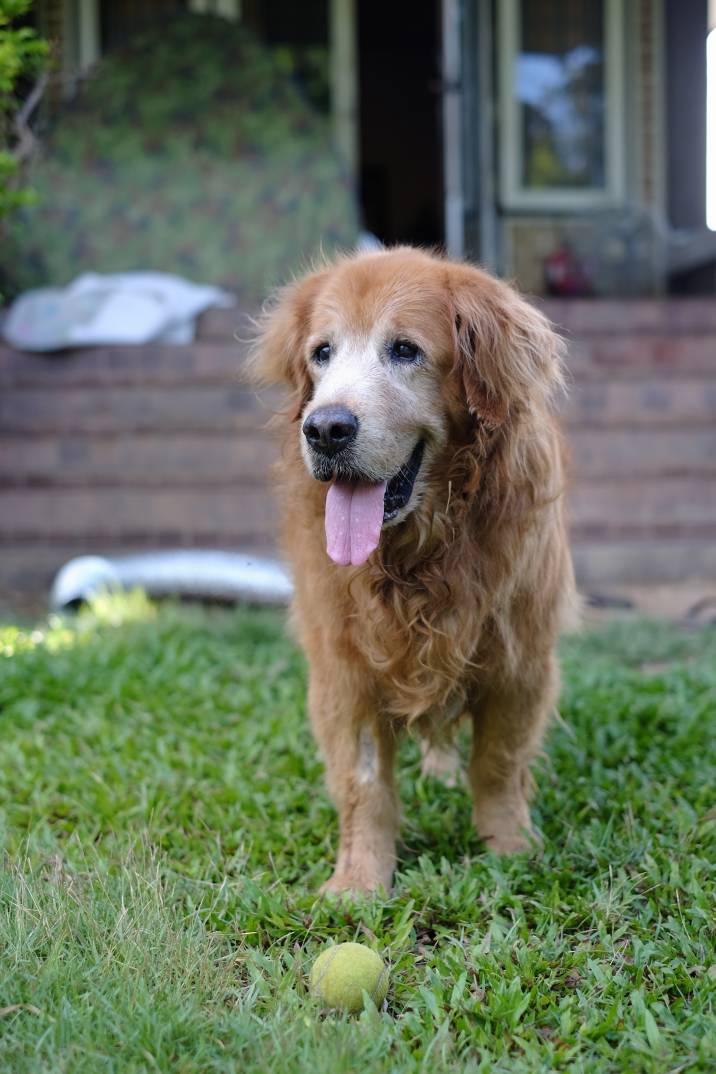
Exercise your older dog’s brain power by teaching the names of different objects around the house. You can start with the following items:
Toy
Blanket
Slippers
Leash
Trick 3: “Fetch your leash”
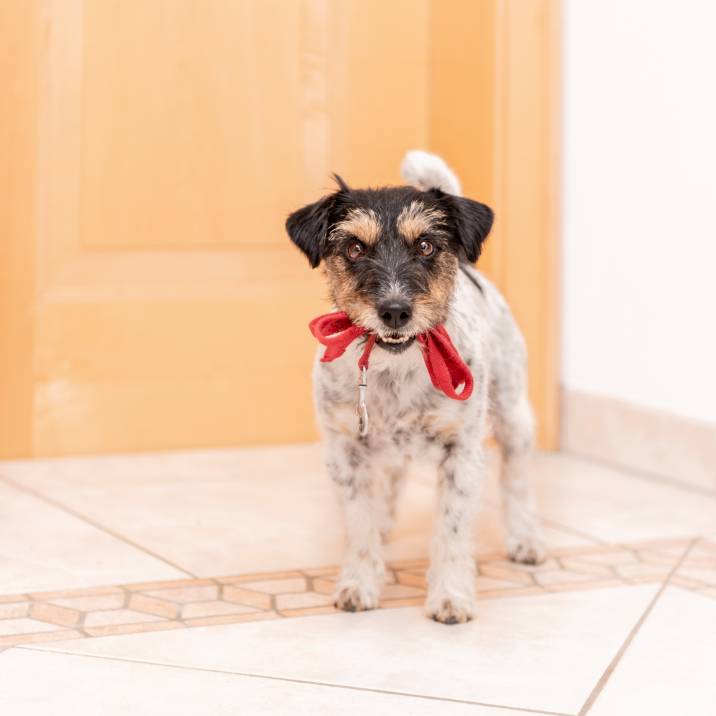
This clever trick builds on the “Touch” command. Once your senior dog knows what “Leash” means, you can ask them to fetch their leash before you head out! This trick helps you save time in the morning before you take your pet for a walk – and it makes them extra excited about heading out.
If you sometimes have a dog walker over at your place, you can even tell them about your pet’s helpful trick.
Tips for training your older dog
It’s helpful to remember that, like older humans, your senior dog may need some extra consideration. Here are some tips that can help you and your pet enjoy your training sessions:
Don’t expect lightning-fast responses. Older dogs may respond slowly to cues and move slower due to joint problems.
Use a mix of verbal cues and hand signals, especially if your dog can’t see or hear very well.
Speak louder if necessary.
Be generous with treats, pets, and cuddles.
Keep training sessions short and fun!
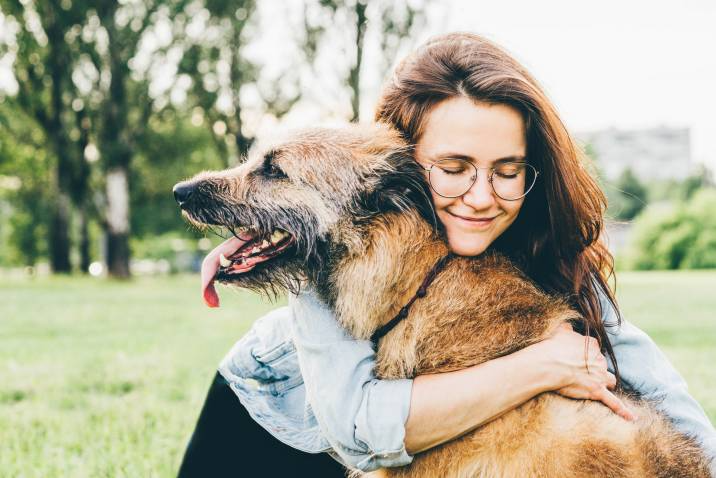
Training your senior dog to stay home alone
Start by encouraging your older dog to stay in their crate or confined area as you move away from them. Don’t get emotional – your dog could associate these actions with impending separation. Instead, reward your dog for behaving properly. Increase the time and distance gradually. Eventually, you should be able to leave your pet alone, in another room, for up to an hour.
If you feel uncomfortable with the idea of your senior pet sitting alone at home, you can hire a local dog sitter to keep your dog company, train them, or give them their necessary medication while you’re out.
| Also read: Your Ultimate Guide to Dog Care – Everything you need to know about caring for a dog, from grooming to training |
Training an older dog can be stress-free
Still no success in training your senior dog? It might be time to hire a dog trainer. With Airtasker, you can easily find pet care experts who can help you and your pet adjust to your new life together. Happy training!
FAQs on training an older dog
Adult dog training can take a few weeks to a few months. On average, an adult dog can master basic obedience skills in three months, given consistent and proper training. Meanwhile, potty training an older dog can take around three to six months.
But the time it takes to train an older dog depends on several factors, including:
- Your desired outcome
- Your dog’s age
- The temperament of your dog
- The time you spend on training your older dog, and
- How skilled you are at training your dog
Find dog trainers, fast
Find a dog trainer
Related articles

Tips for training an older dog
Read more
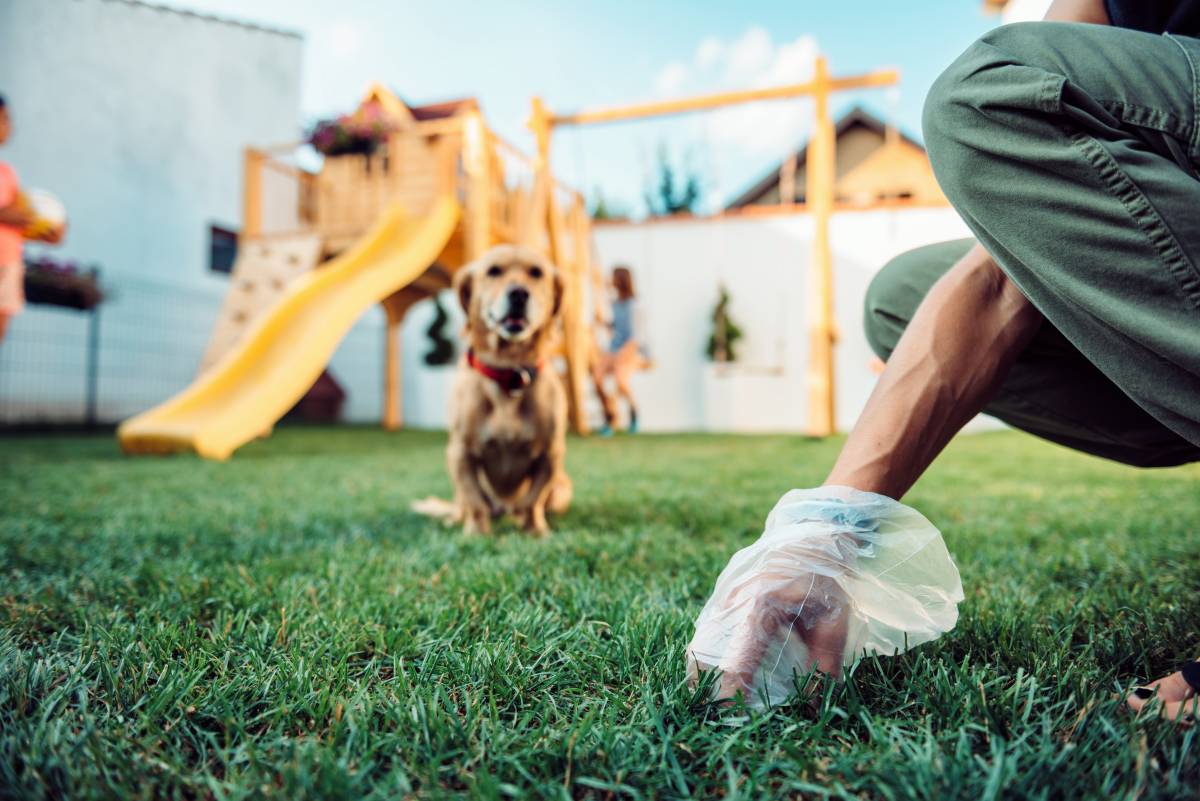
3 Effective ways to house train a dog
Read more
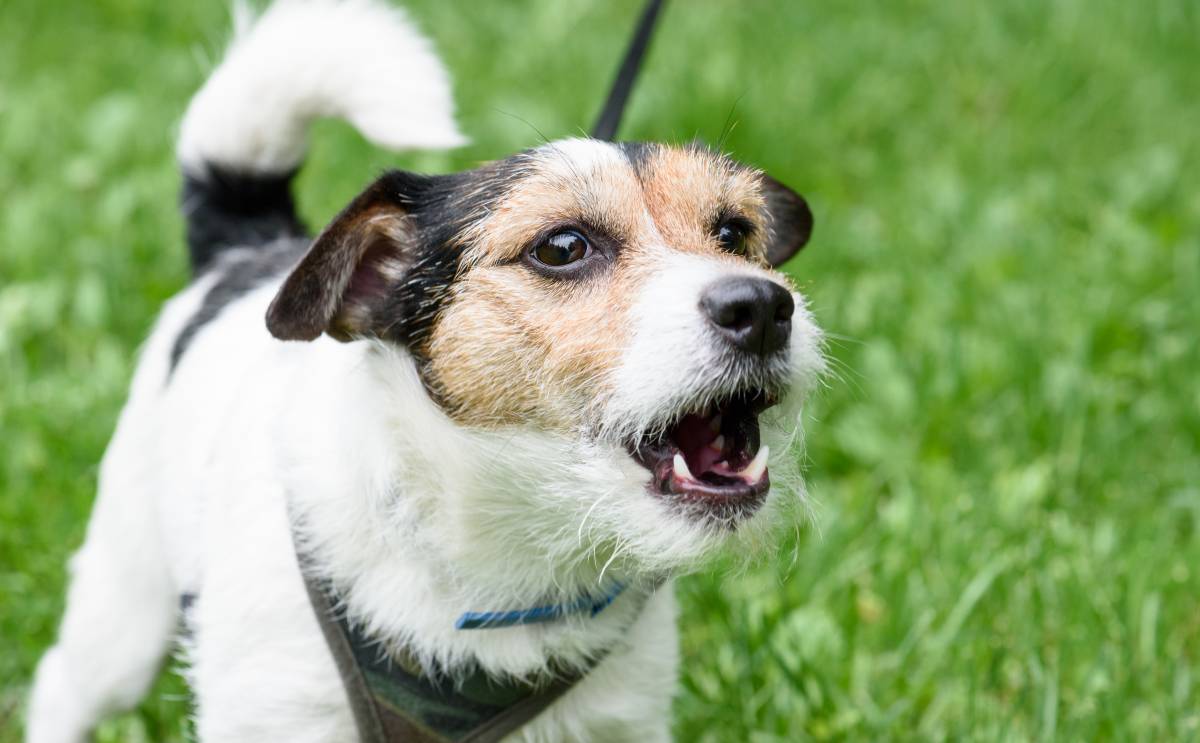
Reactive dog training tips
Read more
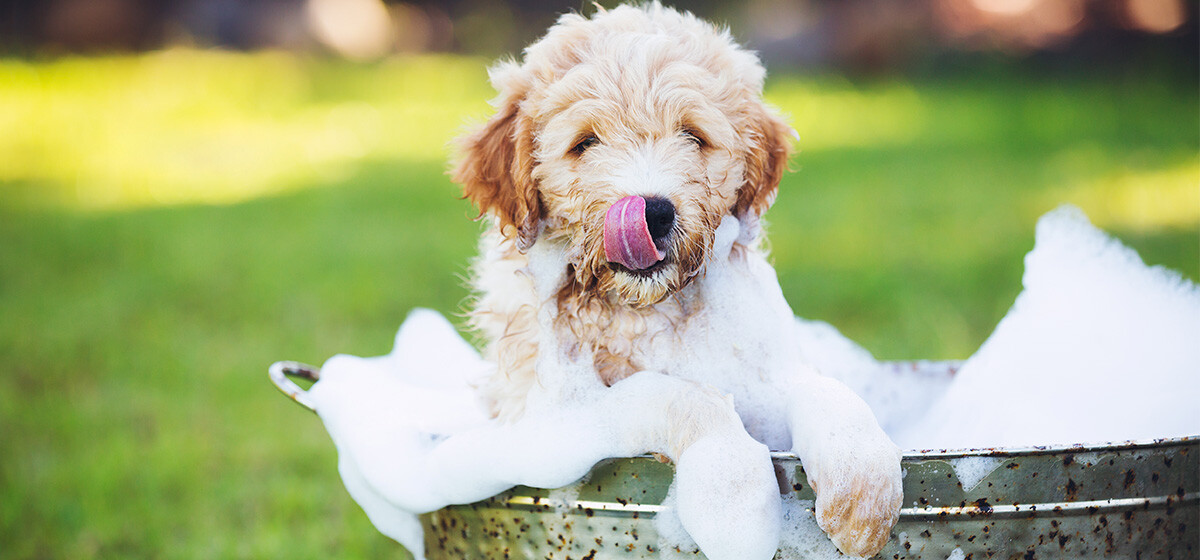
How often should you wash your dog?
Read more
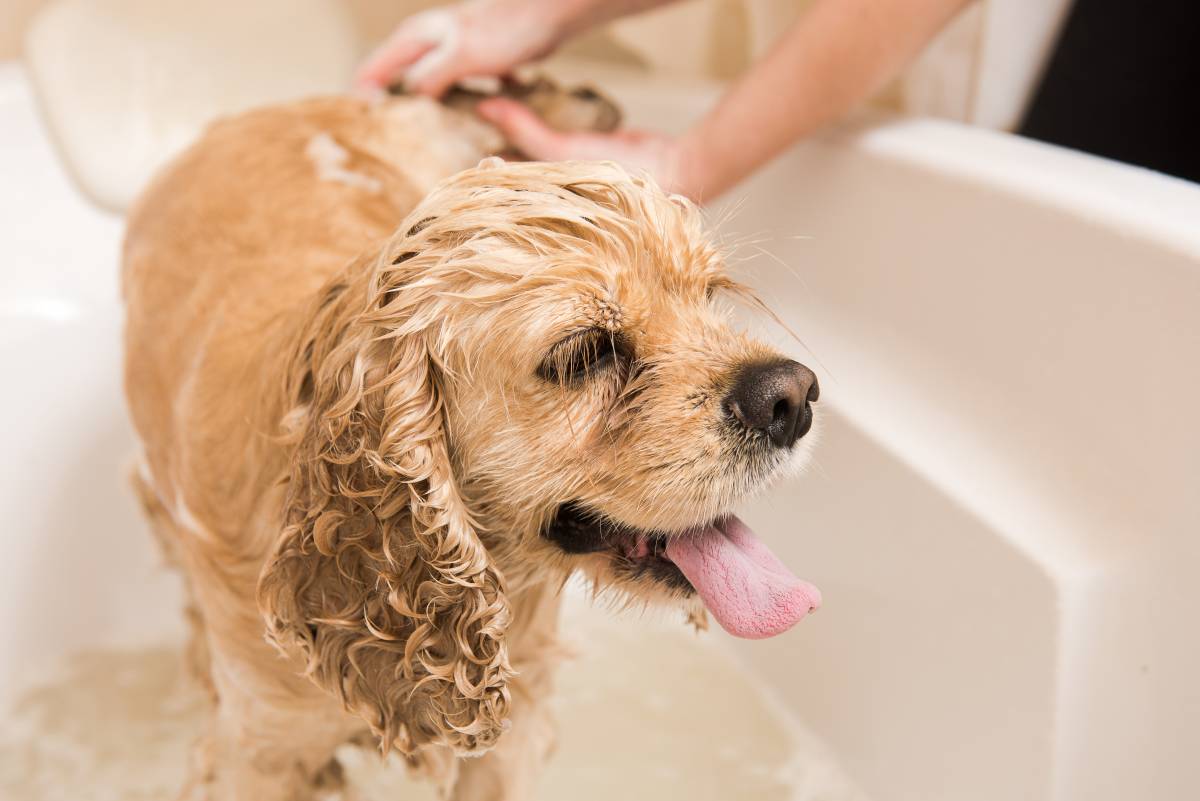
How to groom a dog at home
Read more
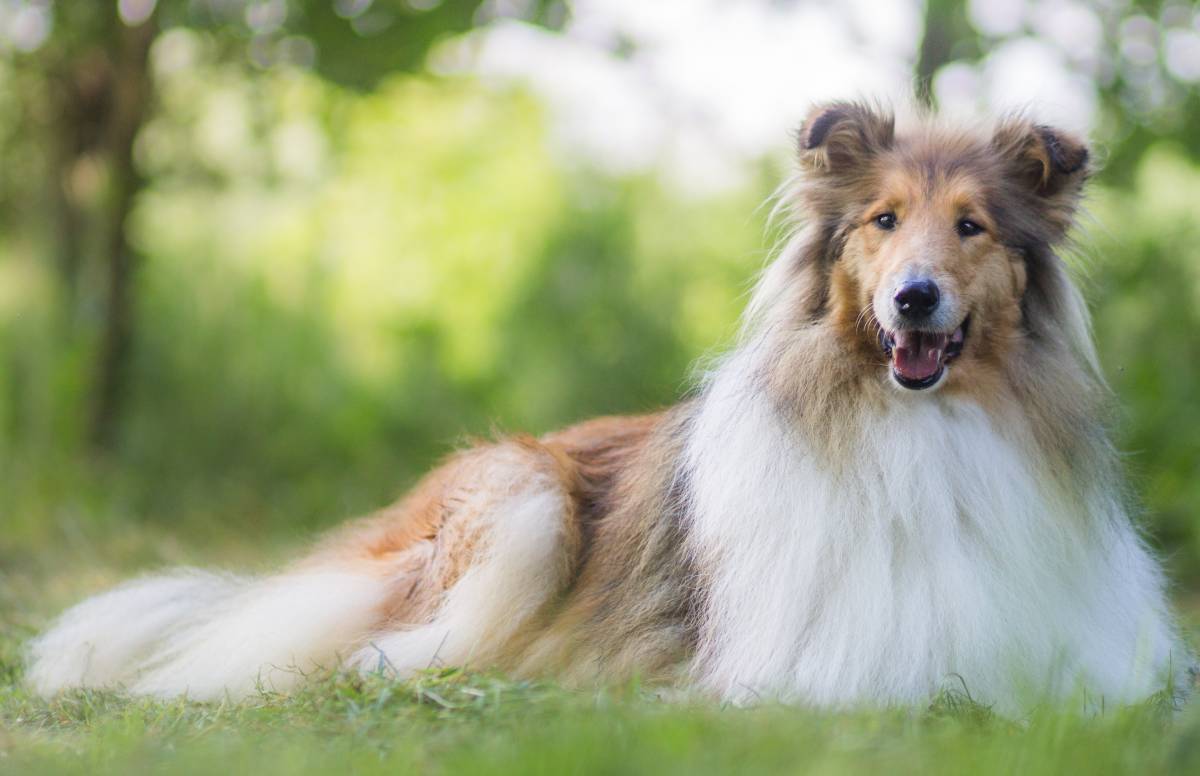
How to groom a long-haired dog
Read more

The most popular dog haircuts
Read more
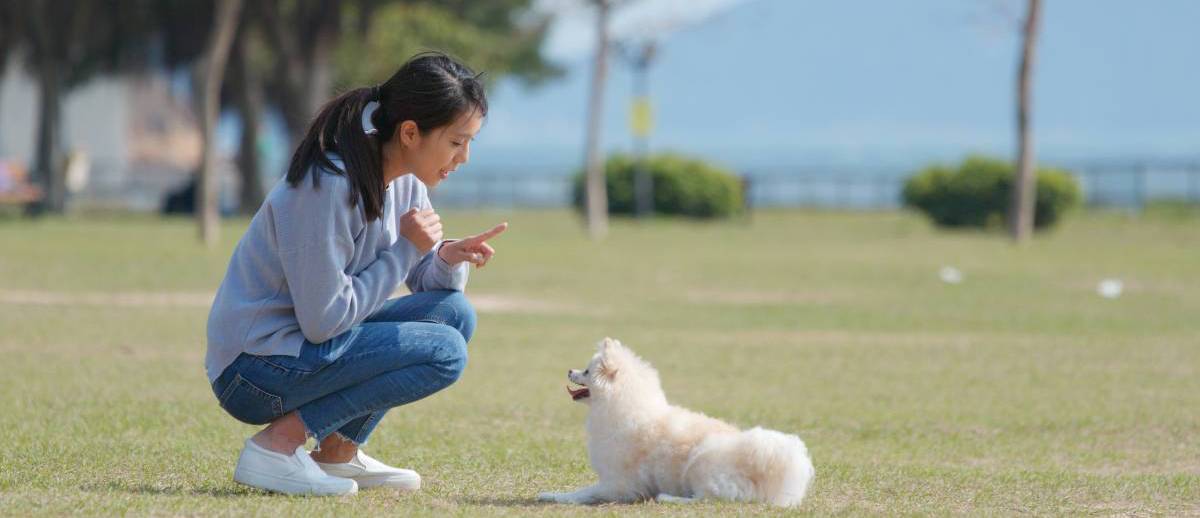
How to become a dog trainer
Read more
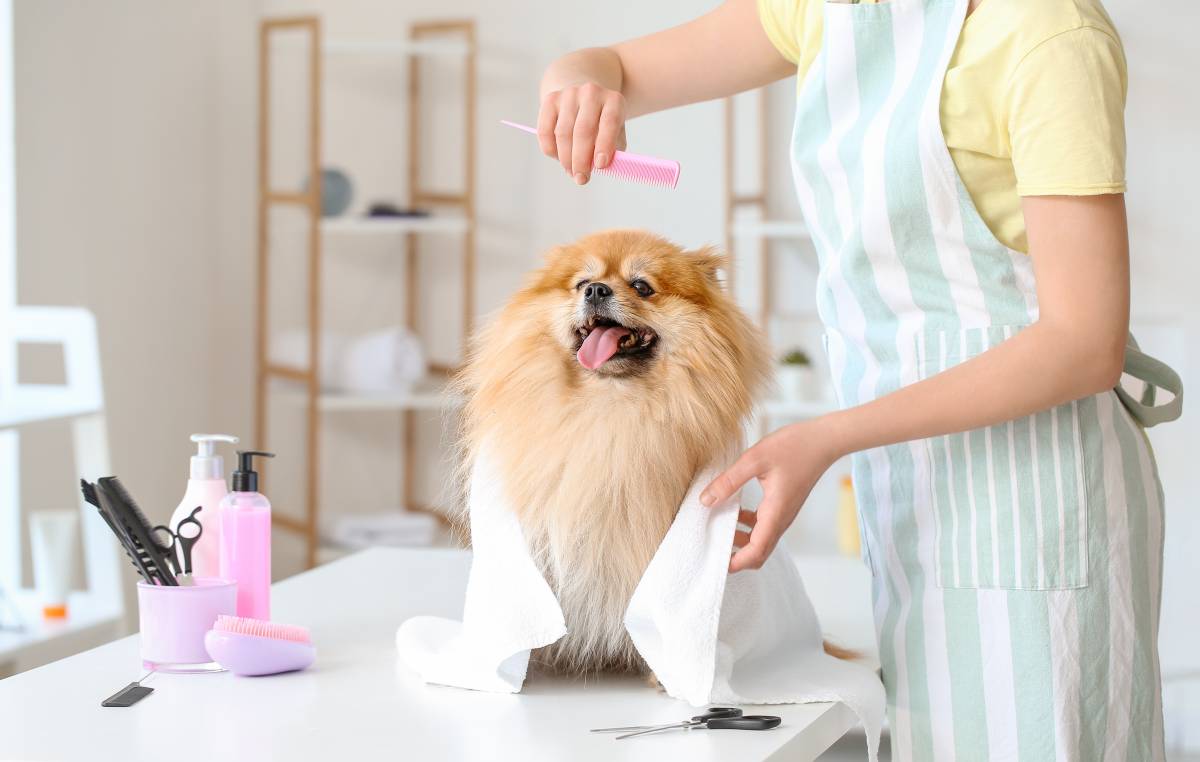
How to become a dog groomer
Read more
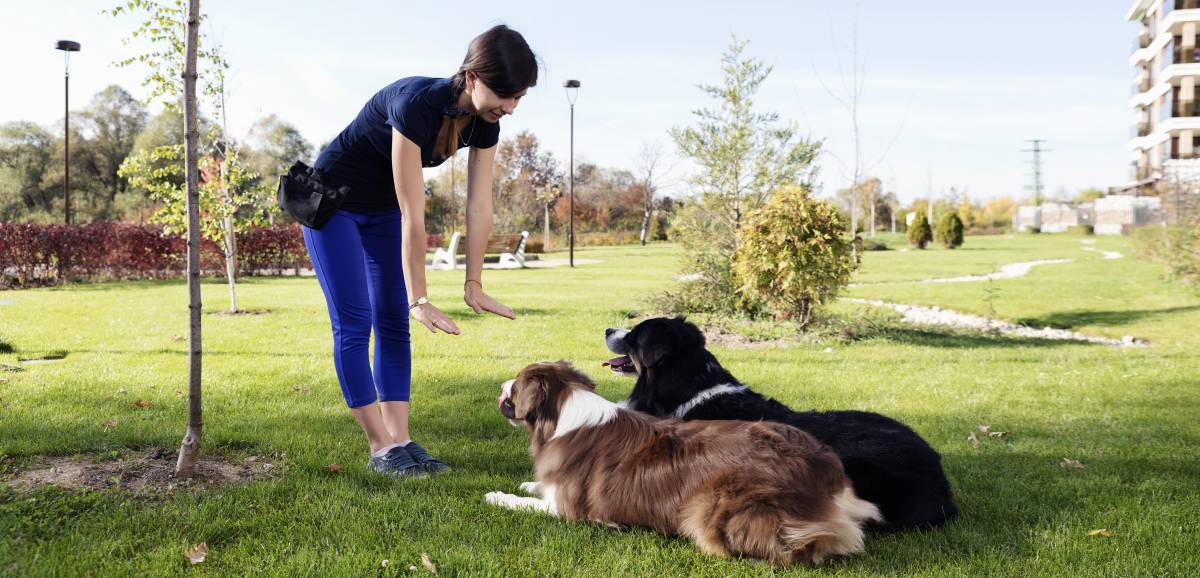
Dog training 101: How to train your dog
Read more

Your ultimate guide to dog care
Read more
Related price guides
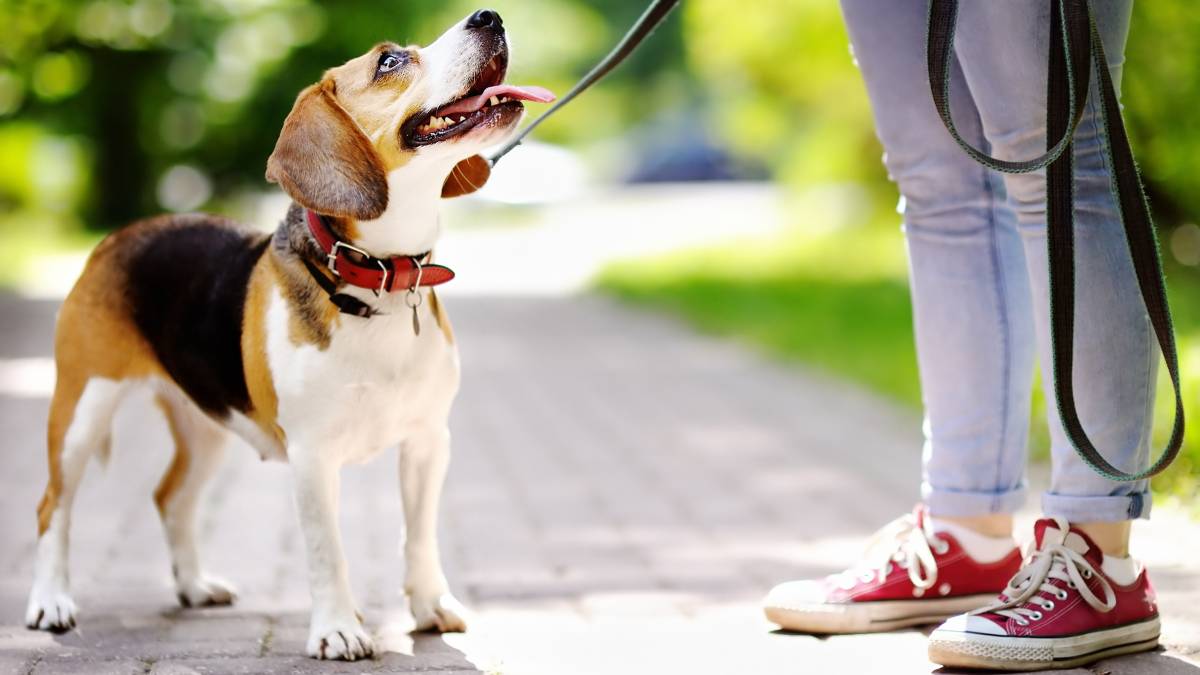
How much do dog walkers charge?
Read more
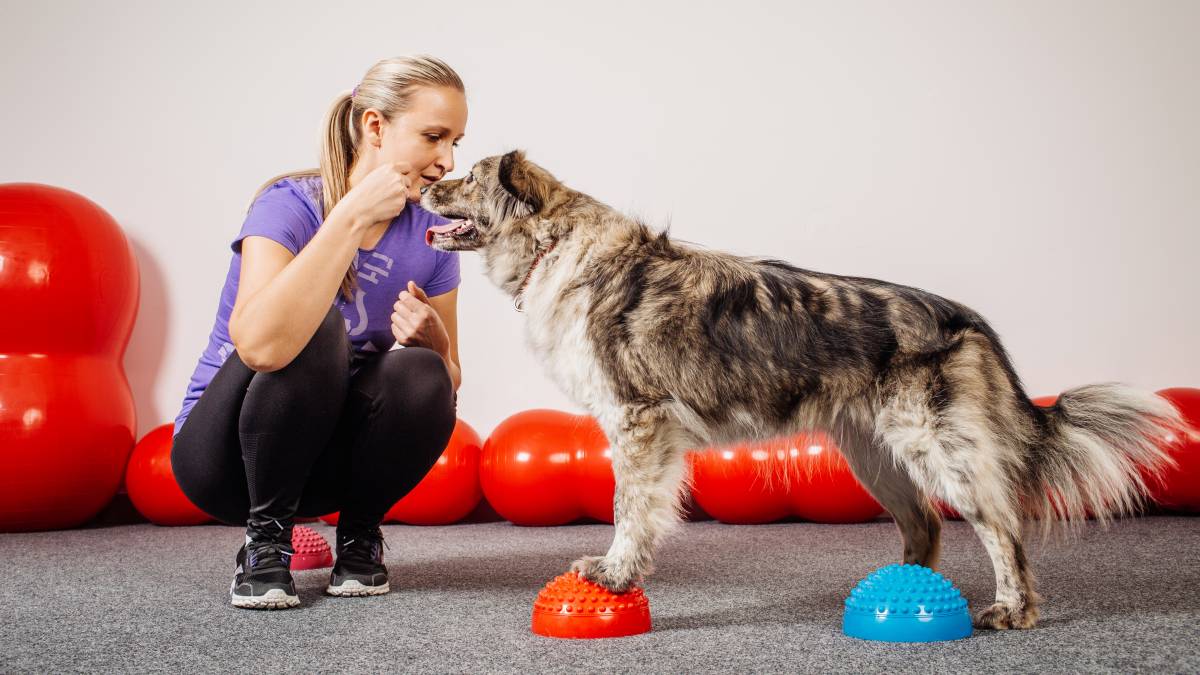
How much does dog training cost?
Read more
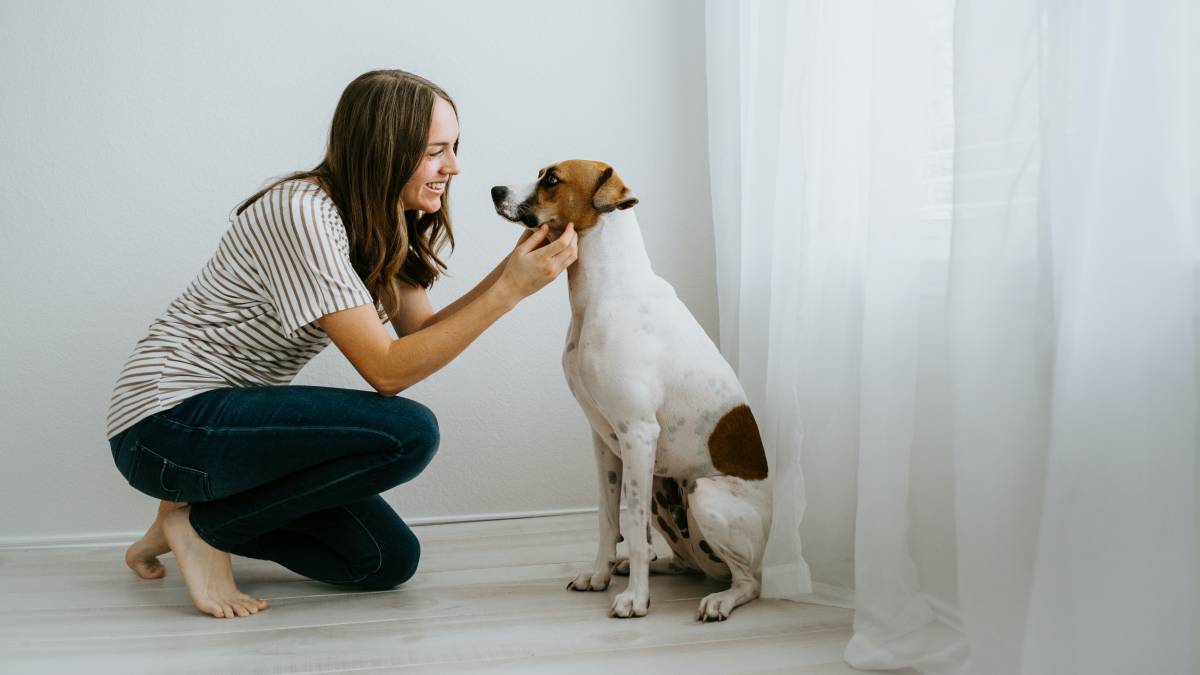
What are average dog sitting prices?
Read more
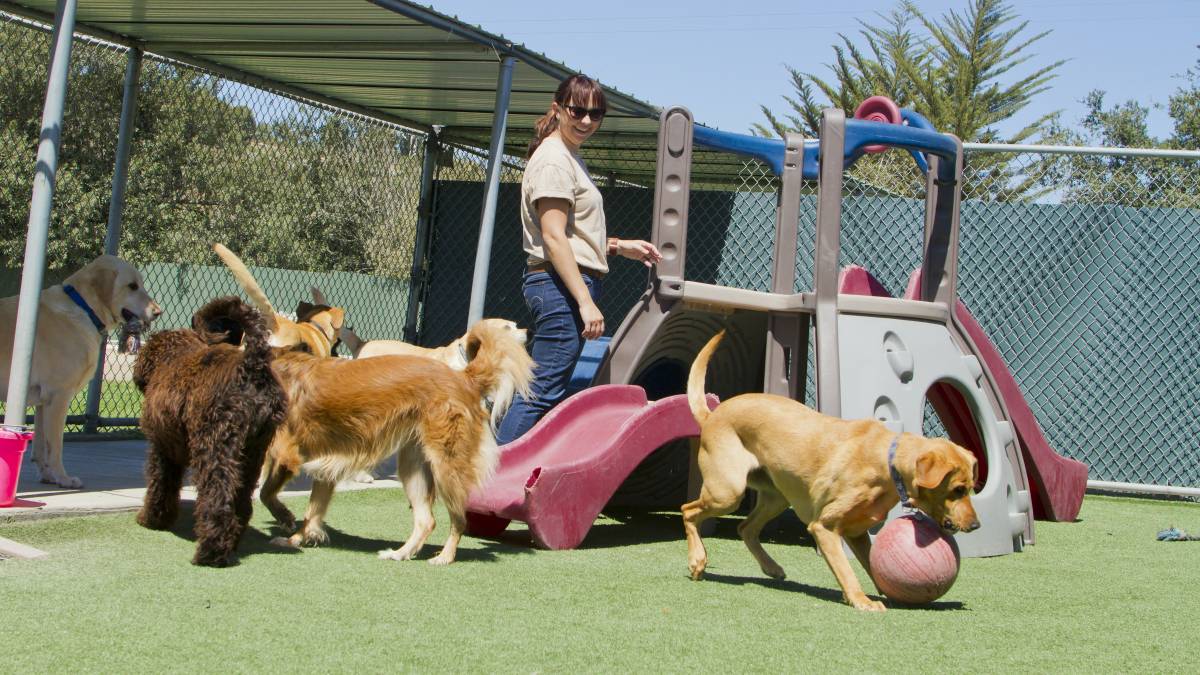
How much does doggy day care cost?
Read more
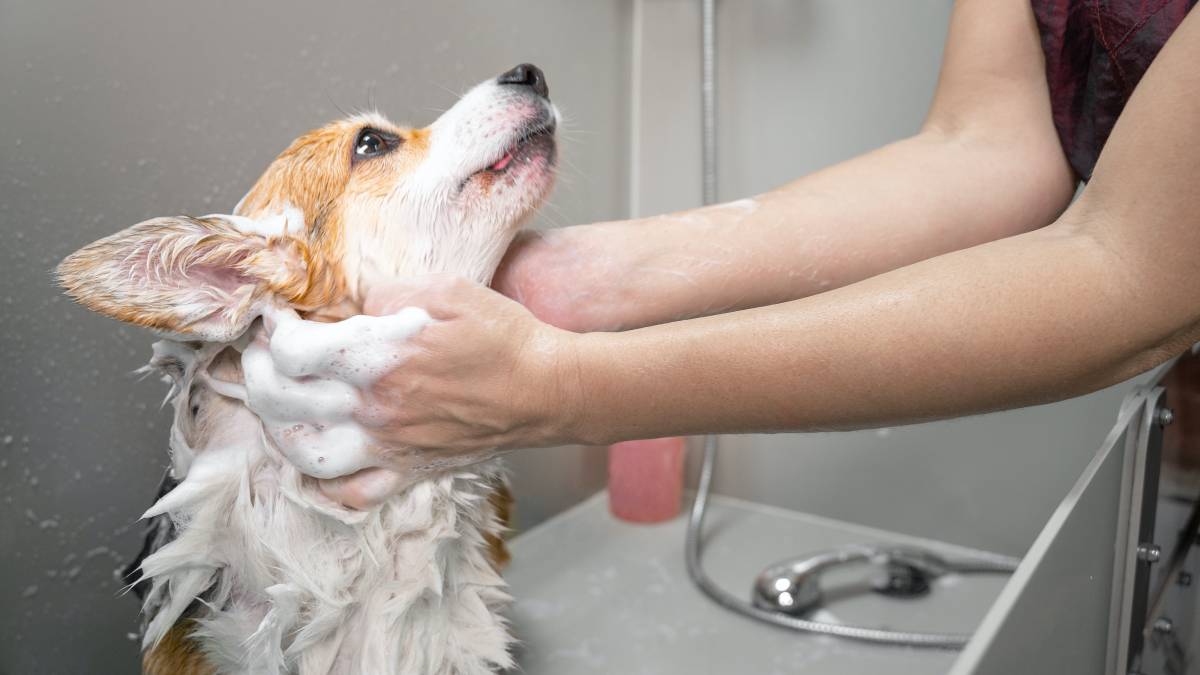
How much does dog grooming cost?
Read more
